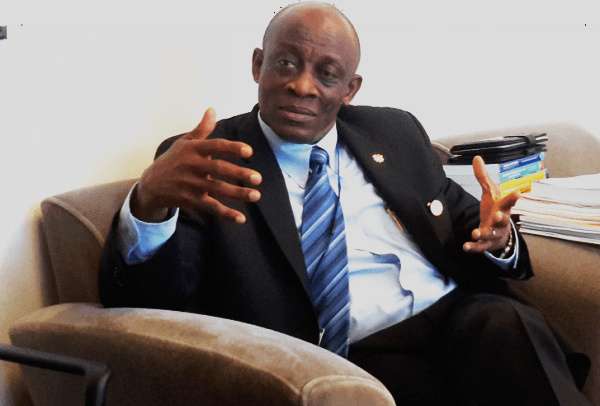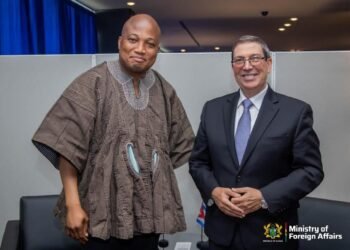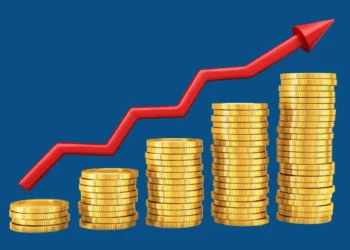Ghana’s economic future remains uncertain as the country grapples with a high public debt – estimated to be GH₵576 billion as of November 2022, and an economic downturn caused by the slump in global commodity prices.
Hence, the former finance minister, Mr. Seth Terkper has criticized President Nana Akufo-Addo for failing to give a true picture of the Ghanaian economy during the State of the Nation Address.
According to the former finance minister, the economy is currently in a bad state due to the poor performance of the current government. However, he noted that the President during the State of the Nation Address only painted a gloomy picture of the economy he inherited, instead of telling Ghanaians about the ‘sorry state’ of the economy he has supervised.
Mr. Terkper speaking during an interview disclosed his surprise about the optimism expressed about the economy by the President given the dire state of the Ghanaian economy, adding that: “There was no sense of urgency in the President’s State of the Nation Address.”
“I think we need to be realistic with Ghanaians and not make them think that everything is fine and going well.”
Mr. Seth Terkper
Mr. Seth Terkper further communicated that despite President Akufo-Addo’s defense of his government’s borrowing and spending practices, concerns about Ghana’s economic future persist.
The country’s public debt, as stated by the former finance minister, has been rising steadily over the past decade and the recent economic downturn has only made the situation worse.
“The government will need to take decisive action to address its economic challenges and ensure sustainable economic growth and development – than just defending.”
Mr. Seth Terkper

State Of Ghana’s Economy
Government is seeking to secure an IMF bailout by the end of March with the support of its biggest bilateral lender – China, through a debt restructuring of its debts to the Asian giant.
This motive has led to government trying to restructure its debt by asking local bondholders to exchange old debt for new bonds that pay lower interest rates. The move is expected to provide some relief to the government’s strained finances, and as well help the country save money on debt servicing.
That notwithstanding, a successful restructuring of the country’s external debts will be a major boost to securing government’s desired $3bn IMF bailout.
Meanwhile, President Akufo-Addo has defended his government’s borrowing and spending practices, stating that they have spent prudently on urgent needs of the country.
Ghana’s reliance on commodity exports, such as gold and oil, has made her vulnerable to global commodity price fluctuations. The recent slump in commodity prices has hit the country hard, exacerbating its economic challenges – therefore bringing about an uncertain economic future.
To help save the country, one area government could focus on is diversifying the economy away from commodity exports. This would reduce the country’s vulnerability to commodity price fluctuations and provide a more stable source of economic growth.
Government could also work to improve the country’s infrastructure, including roads, bridges, and schools, to attract foreign investment and create jobs.
Additionally, the government could prioritize social protection programs to support the country’s most vulnerable populations.
Read also: UBA Empowers Women To Embrace Equity, Reaffirms Its Mission To Champion Gender Equality



















